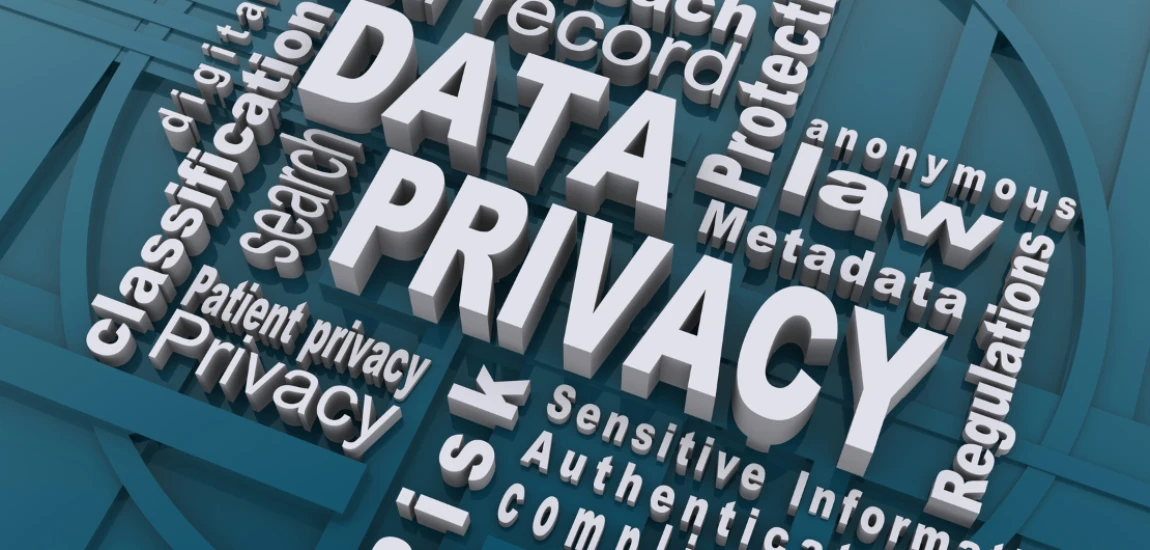The End of Privacy: Are We All Under Surveillance?

We live in an age where privacy has become one of the most valuable—and vulnerable—commodities. Every search we type, every product we click, every selfie we post leaves behind a digital footprint. Governments, tech corporations, advertisers, and even hackers can track these trails to build detailed profiles about who we are, what we want, and how we behave. The convenience of modern life—smart devices, social media, instant connectivity—comes with a hidden cost: the steady erosion of personal privacy.
The phrase “the end of privacy” is no longer a futuristic warning; it feels like a present-day reality. From surveillance cameras on every street corner to artificial intelligence monitoring online conversations, the boundaries between public and private life are fading. Once, privacy meant the right to be left alone. Now, it often feels like an illusion maintained only until our data is sold, leaked, or hacked.
This blog explores the crucial question: Are we all under surveillance? We’ll break down the rise of government and corporate monitoring, the role of artificial intelligence in data tracking, and the ethical implications of living in a transparent digital society. Most importantly, we’ll discuss whether individuals have any real power to protect themselves in a world where personal information has become the most valuable currency.
Government Surveillance: Safety or State Overreach?
One of the most debated aspects of the end of privacy revolves around government surveillance. Proponents argue that surveillance tools, such as facial recognition software, geolocation tracking, and phone tapping, are necessary to ensure public safety. After all, in an era marked by terrorism, cybercrime, and political unrest, authorities claim that stronger monitoring keeps citizens secure. Events like the September 11 attacks in the United States led to sweeping surveillance reforms, including the Patriot Act, which granted governments unprecedented access to personal communications. Similar measures exist worldwide, often justified under the banner of “national security.”
However, the issue arises when security bleeds into control. Governments have the power not only to prevent crimes but also to monitor dissent. In some countries, mass surveillance is used to suppress freedom of expression, track political opponents, and silence journalists. Citizens may find themselves under constant watch without even realizing it. Consider the example of “social credit systems” in certain regions, where surveillance data is used to assign citizens a score based on their behavior. A low score could mean losing access to jobs, loans, or even the ability to travel.
The ethical dilemma is clear: where should the line be drawn? While safety is undeniably important, the unchecked growth of surveillance infrastructure risks turning societies into digital panopticons. People may begin self-censoring out of fear, which ultimately undermines the democratic principles of freedom and autonomy. Governments claim transparency is key to trust, but in practice, surveillance systems are often secretive, leaving citizens unaware of the extent of data collection.
The question isn’t just whether governments should monitor citizens, but whether we are prepared to accept a future where surveillance is normalized as the cost of safety. The trade-off between freedom and security remains one of the defining debates of our time.

Corporate Surveillance: Data as the New Oil
If government surveillance raises concerns about freedom, corporate surveillance exposes another reality: privacy is being commodified. In today’s digital economy, data is the new oil. Every click, like, and purchase becomes raw material for businesses to mine, analyze, and profit from. Big Tech giants like Google, Facebook (Meta), Amazon, and TikTok operate not just as service providers but as data collectors, monetizing our personal information in ways most users never fully grasp.
When you search for a product online and then see targeted ads across your social media platforms, that’s not coincidence—it’s algorithmic tracking in action. Companies use cookies, app permissions, and hidden trackers to follow your online behavior across websites and devices. Over time, these datasets create highly detailed consumer profiles, predicting not only what you want to buy but also when you are most likely to purchase.
The problem extends beyond advertising. Our private data can influence hiring decisions, insurance rates, credit approvals, and even political campaigns. The Cambridge Analytica scandal revealed how data harvested from social media platforms could be weaponized to manipulate voter behavior. This raises a troubling question: if corporations know us better than we know ourselves, do we still have free will in our decision-making?
Unlike governments, which can be held accountable through democratic institutions (at least in theory), corporations operate with profit as their primary motive. While regulations like Europe’s GDPR (General Data Protection Regulation) and California’s CCPA (Consumer Privacy Act) attempt to place restrictions on corporate data use, enforcement remains a challenge. Many users also trade their privacy willingly for convenience, agreeing to terms of service they never read in exchange for free apps and platforms.
Corporate surveillance blurs the line between service and exploitation. As long as personal data remains the most valuable commodity on the internet, the fight for privacy will remain a losing battle unless stricter global regulations are enforced.

AI and the Rise of Predictive Surveillance
Artificial intelligence has taken surveillance to a new level. Unlike traditional data collection, which relies on tracking and storing information, AI-driven surveillance actively interprets, predicts, and influences human behavior. Advanced algorithms can scan CCTV footage for suspicious activity, detect emotions from facial expressions, and even anticipate potential crimes based on behavioral patterns—a concept known as “predictive policing.”
The promise of AI in surveillance lies in efficiency. Law enforcement agencies argue that AI helps them detect threats faster and allocate resources more effectively. For businesses, AI means hyper-personalized marketing that maximizes profits. For governments, it provides real-time monitoring on a scale never before possible.
But the risks are equally immense. Predictive algorithms often inherit human biases present in their training data. This means marginalized groups are more likely to be unfairly targeted by surveillance systems. Studies have shown that facial recognition software is less accurate in identifying people of color and women, leading to wrongful arrests and discriminatory practices. When AI becomes the judge of who is “suspicious,” society risks embedding systemic bias into technology.
Moreover, AI surveillance doesn’t just track behavior—it can shape it. Platforms like TikTok and YouTube use recommendation algorithms that not only suggest content but actively influence users’ opinions, beliefs, and emotions. This raises the chilling possibility that surveillance is not merely about observing people, but subtly controlling them.
The ethical dilemma deepens: should machines have the power to decide who is a threat, what information we see, and how we behave? As AI continues to evolve, the line between surveillance for protection and surveillance for manipulation grows increasingly blurry.

Can Privacy Still Be Protected in a Connected World?
The final question is whether true privacy can still exist in a hyperconnected society. On one hand, individuals have tools at their disposal—encrypted messaging apps, VPNs, ad blockers, and privacy-focused browsers. On the other, even the most cautious user cannot fully escape surveillance. Smartphones track geolocation, IoT devices listen for commands, and smart home gadgets often collect more information than users realize.
Protecting privacy today requires not just personal effort but systemic change. Stronger regulations, international agreements, and ethical tech design are essential to prevent data exploitation. Public awareness is equally important: users must understand that when a product is free, their data is usually the real price. Choosing platforms that respect privacy, limiting permissions on devices, and advocating for transparency from companies can make a difference, but these actions remain small in the face of global systems designed for surveillance.
There’s also the psychological aspect: many people have become desensitized to surveillance. Social media encourages oversharing, while convenience apps make privacy feel like an outdated concept. The real danger lies not in being watched but in forgetting that we are being watched at all.
The struggle for privacy may not be about absolute protection but about balance—ensuring that surveillance serves the public good without crossing into exploitation or authoritarianism. The fight is not yet lost, but it requires a collective effort to redefine what privacy means in the digital age.





